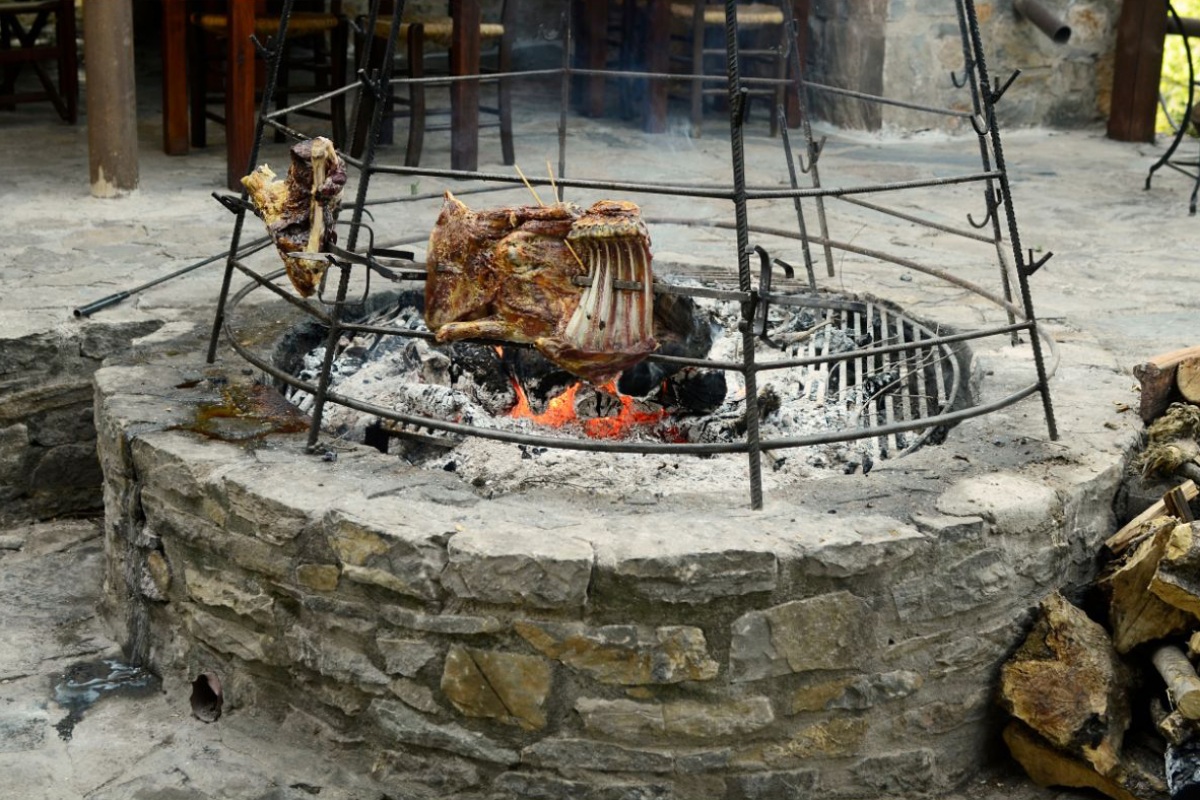Crete, the largest island of Greece, is a land of rich history, culture and natural beauty. Its people, the Cretans, are known for their hospitality, their resilience and their love for life.
But what makes Crete truly unique is the way it preserves its ancient customs and traditions, while also embracing modernity and innovation.
One of the most characteristic aspects of Cretan tradition is music, which expresses the emotions, the stories and the values of the Cretans. The main instrument of Cretan music is the lyra, a three-stringed bowed instrument that produces a distinctive, haunting sound. The lyra is often accompanied by the lute, a plucked string instrument, and sometimes by other instruments such as the violin, the mandolin or the flute. Cretan music is characterised by improvisation, spontaneity and creativity. One of the most remarkable features of Cretan music is the mantinada, a short poem that consists of two rhyming verses of fifteen syllables each. The mantinada is sung by one or more singers, who improvise the lyrics on the spot, based on a theme or a situation.
Another aspect of Cretan tradition is food, which is famous for its quality, its variety and its health benefits. It is based on the Mediterranean diet, which emphasises the consumption of olive oil, vegetables, fruits, grains, legumes, nuts, herbs, cheese, yoghourt and honey, and moderate amounts of fish, meat and wine. Cretan food is simple, but delicious, as it uses fresh, local and seasonal ingredients, and it enhances their flavour with aromatic herbs and spices. Some of the most typical dishes of Cretan cuisine are dakos, a salad of barley rusks, tomatoes, cheese and oregano, kalitsounia, small pies filled with cheese or greens, and snails cooked in various ways.
